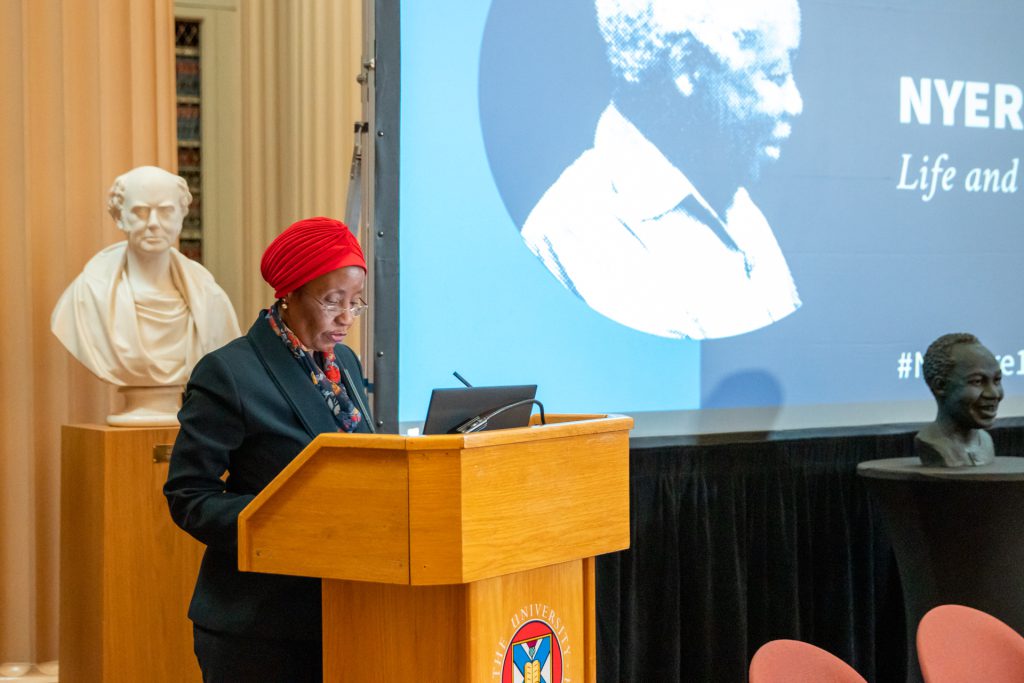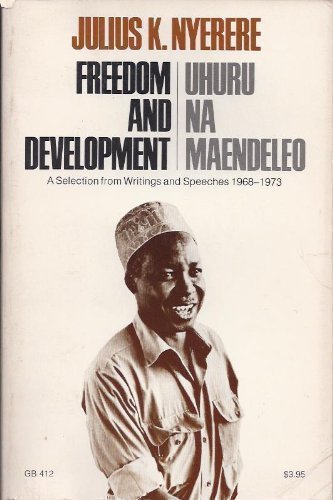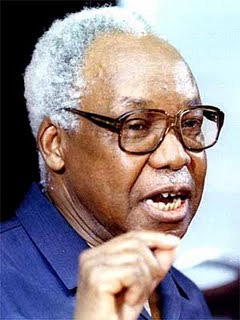Shimbo Pastory
This article was published in The Citizen Newspaper, Tanzania on 8th January 2023.
In ordinary discussions, the term philosophy scares many people because it sounds so abstract and distant from the regular things people do or talk about. To many people, philosophy would appear to be an inquiry into tough historical debates of people like Socrates, Plato and Aristotle, or very deep abstract learning, or even ‘mind reading’.
As a field of study, especially in Tanzania, it is averagely taken purely by very few people and in combination with other inquiries by a manageable handful.
While this is not an attempt to go deep into the academic inquiry of philosophy and philosophies as the case may be, it is an attempt to raise awareness regarding ‘philosophies’, which form a crucial base in understanding how social, political, and economic policies are made, master plans and blueprints implemented, and developmental affairs prioritized.
Each human institution, as small as a family circle, and as big as a nation, operates within the precincts of a particular philosophy they have chosen or developed, and which they define particularly in their own terms. It can therefore be easily said to be ‘a guiding system of thought.’
While there are many good philosophies, there are also not a few ‘daft’ and hopeless ones. However, with the economics tightening up, the cost of living going higher, and the struggle to make ends meet, the philosophies of how to get rich get a wider readership among people up to the age of 40.
Philosophy: Toolbox for learning
The World Philosophy Day, which we commemorate every third Thursday of November, underscores the relevance of intellectual and thoughtful engagement among people and cultures. 2022 is the twentieth year since this commemoration was begun by The United Nations Educational, Scientific and Cultural Organization (UNESCO). According to UNESCO, philosophy stimulates intercultural dialogue as it enables people to discover the diversity of the intellectual currents in the world.
UNESCO resource further says: “By awakening minds to the exercise of thinking and the reasoned confrontation of opinions, philosophy helps to build a more tolerant, more respectful society. It helps to understand and respond to major challenges by creating the intellectual conditions for change.” This is exactly what we need, the society to be empowered with skills for developing and airing reasoned opinions in matters of concern.
Nyerere’s Philosophy
With no intention to be diminutive, Tanzanian young people appear not to know so much about Mwalimu Nyerere. In the event of this World Philosophy Day, it is opportune to talk about him and his philosophy. Mwalimu Nyerere is acclaimed widely as a teacher and a philosopher.

A greater portion of Tanzanians, based on age, were born in the years when Mwalimu Nyerere was not in leadership, and there is a substantial number that form the legal adult population born after his demise. Most young people know barely the year Mwalimu was born (1922) and the year he died (1999).
We certainly don’t advocate for an extreme situation like what happened in North Korea in some years past when the radio kept repeating speeches of their first president in public spaces, just to have people memorize what he believed in. We rather advocate for more formative education on the philosophy of the founder of our nation, to go beyond the content of his history and transcend to his thought.
His philosophy is primarily practical and methodical (not in extremes of being speculative) and as such easy to understand. In the words of a contemporary social and political analyst Marie-Aude Fouéré: “Nyerere deliberately chose the title of Mwalimu to highlight his modesty and ability to explain things in a simple and clear manner.”
Mwalimu Nyerere’s leading philosophical contribution is the “Philosophy of education for self-reliance.” In his philosophy, Mwalimu Nyerere expounded on the possibility and the need for total liberation and empowerment of every individual in the society, and the society as a whole, and also the contribution of education in actively integrating every aspect of one’s life and existence.
Mwalimu advocated for the core human values in the animation of the social, political and economic life of the society. Ranking high among them are freedom, justice, unity, and equality.
Mwalimu Nyerere’s Legacy
This year 2022 marks a century, or better put “a centenary” since Mwalimu Nyerere was born in Mwitongo, in Butiama–Mara, in a family of the Zanaki chief Burito. Many institutions home and abroad have had commemorations and symposia done in his memory. His philosophy is the cohesive force that pulls together what he left behind.
The author of this article was privileged to attend a commemorative centenary symposium in honour of Mwalimu Nyerere, hosted by the Institute of African Studies at the School of Social and Political Science at the University of Edinburgh, Scotland where he got his master’s degree. The theme was “Nyerere at 100: Life and Legacy.”
It was very informative, yet one thing to take home was the feeling that we as Tanzanians have got to assign more value to what is our own. We are supposed to take the initiative to know Nyerere better than foreigners, and here we mean to the best of our capacities.

It was challenging to hear how much people from other countries value and cherish Mwalimu Nyerere. It was breathtaking as well to see a fellow African (not a Tanzanian), being overwhelmed with emotion to the extent of crying while giving a tribute to Mwalimu Nyerere.
As a challenge for the World Day of Philosophy to fellow Tanzanian compatriots, we have here a list of some books written by Mwalimu Nyerere, to ask ourselves if at all we ever read what this great teacher who is celebrated all over the world wrote.
Among his books are the following: ‘Ujamaa: Essays on Socialism,’ ‘Freedom, Socialism: Uhuru na Ujamaa,’ ‘Tricontinental Rebellion: Voices of the Wretched Earth,’ ‘Freedom and Development: Uhuru na Maendeleo,’ ‘Crusade for Liberation,’ and ‘Our Leadership and the Destiny of Tanzania.’ There are also other supplements and compilations as well as audiovisual resources which can be accessed on the internet and library shelves.
We ought not to forget the effort of the education and curriculum planning desks who have worked hard to structure philosophical programmes, especially inserting the courses of logic and critical thinking in the higher institutions in Tanzania for all students. This helps to equip learners with skills and methods for developing intellectual opinions.
